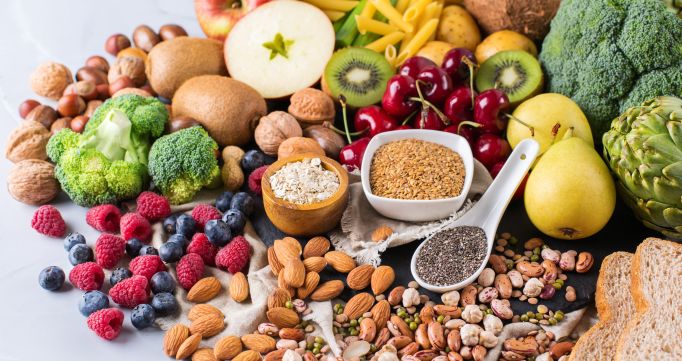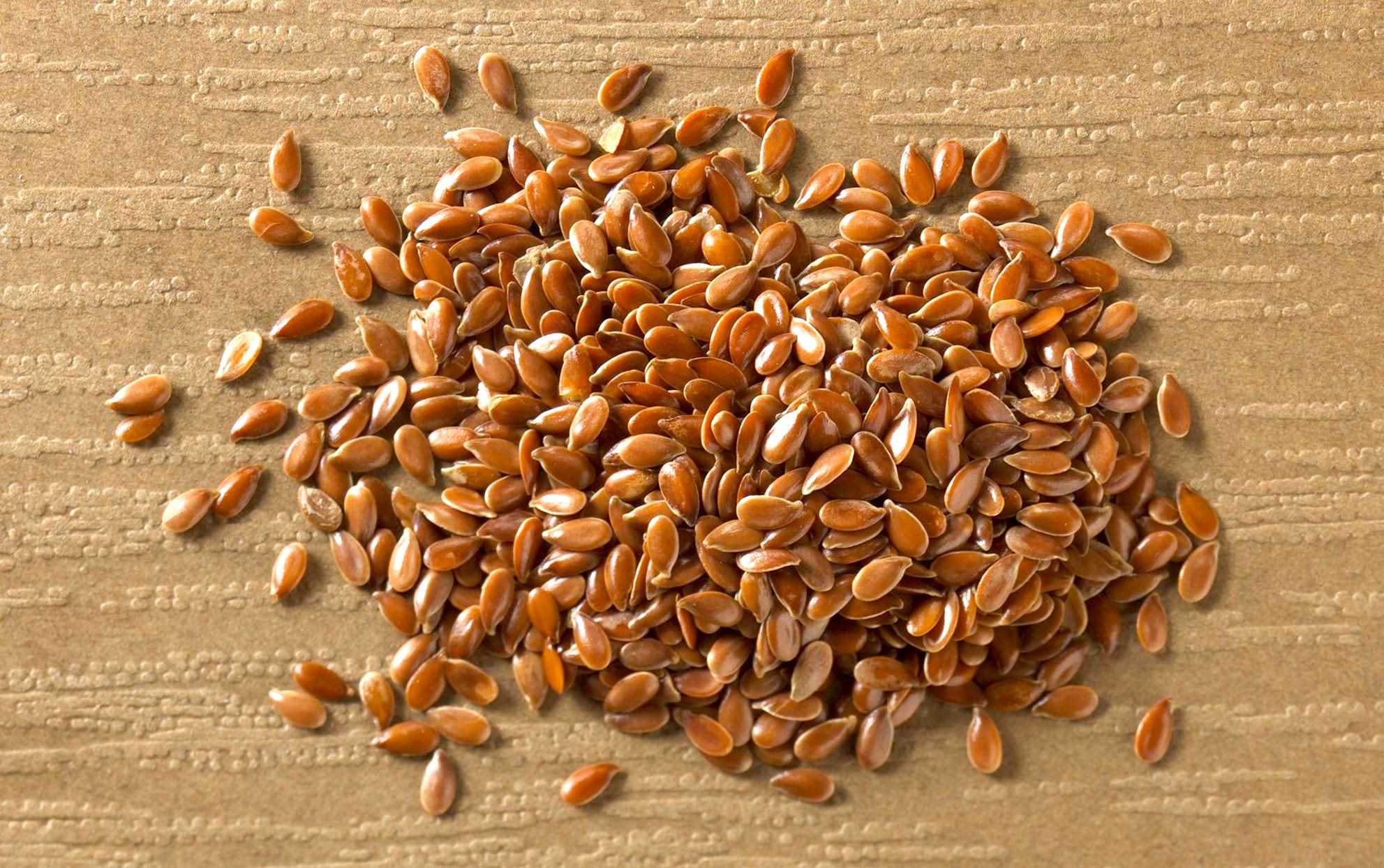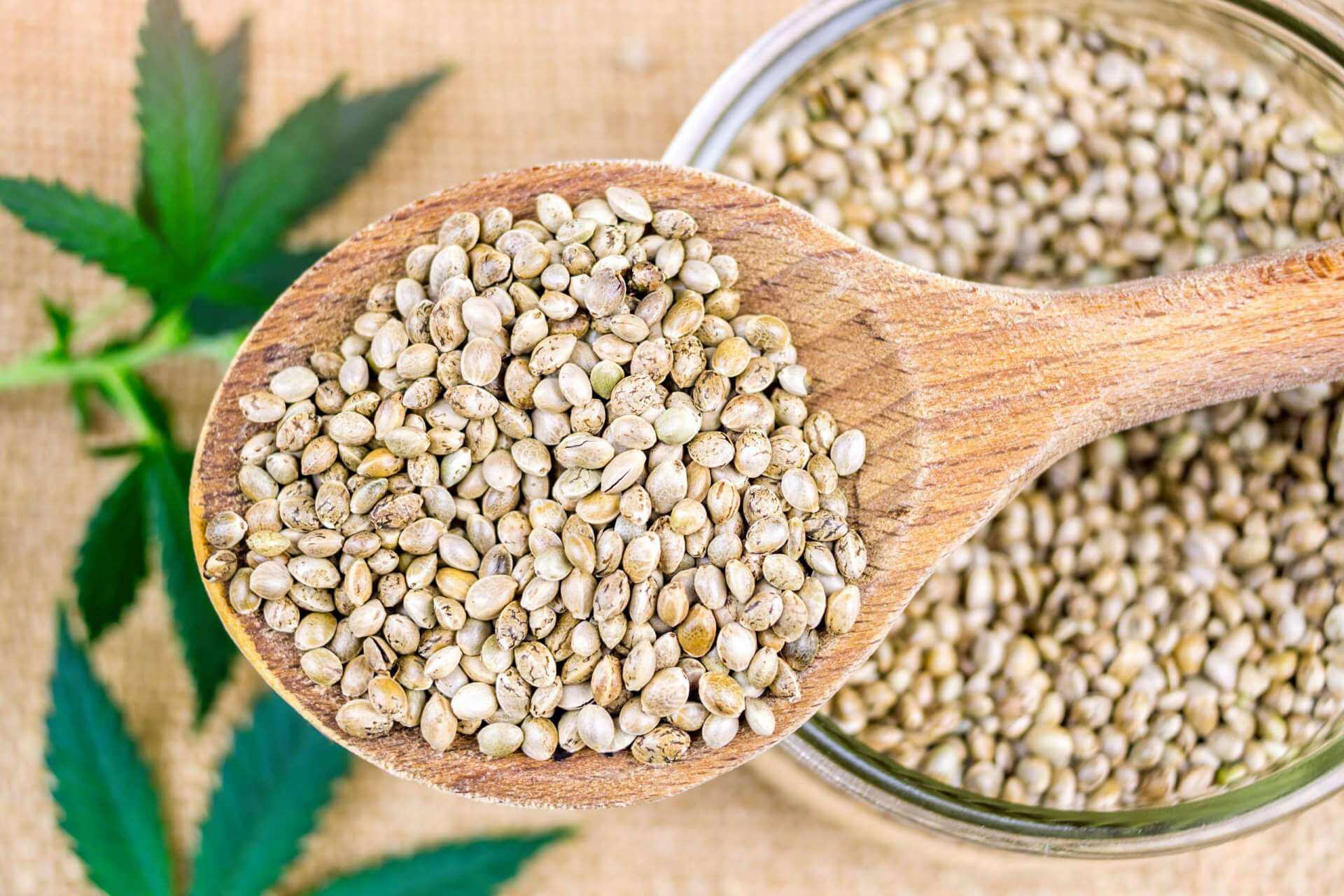Nutrition is crucial in the pursuit of a healthy lifestyle. Omega-3 fatty acids stand out as potent allies in maintaining general health among the important nutrients. These heart-healthy fats also have a number of other advantages for your overall health. We will examine the world of foods high in omega-3, their advantages, and how to include them in your diet for a healthy you in this extensive guide.
Understanding Omega-3 Fatty Acids
A class of polyunsaturated fats known as omega-3 fatty acids is essential for human health. The following are the three main kinds of omega-3 fatty acids:
- ALA (alpha-linolenic acid)
- EPA, or eicosapentaenoic acid
- DHA, or docosahexaenoic acid
Because our bodies are unable to generate these critical fatty acids, we must get them from our food. They are essential for sustaining a number of biological processes, including heart health, brain health, and inflammation reduction.
Benefits of Omega-3 Fatty Acids
- Brain Health
DHA and other omega-3 fatty acids are very important for brain growth and function. They can lower the risk of age-related cognitive decline and are known to enhance cognitive performance and memory.
- Heart Health
For its ability to promote heart health, EPA and DHA are well known. They can lower triglycerides, blood pressure, and the risk of heart disease.
- Anti-Inflammatory
Omega-3s are advantageous for disorders like arthritis and other inflammatory diseases since they have strong anti-inflammatory qualities.
- Mood Regulation
Omega-3 fatty acids have a reputation for supporting mental health by regulating mood and lowering the chances of depression and anxiety.
Best Sources of Omega-3 Foods
Now that we know how important omega-3 fatty acids are, let’s explore the greatest foods that may give you these necessary nutrients.
Fatty Fish: Nature’s Omega-3 Storehouse
Salmon, mackerel, trout, and sardines are a few of the fatty fish that are particularly high in omega-3s. Your omega-3 intake may be greatly increased by eating only a few servings of these fish each week.
Flaxseeds: A Plant-Based Powerhouse
An good plant-based source of the omega-3 fatty acid ALA is flaxseeds. Flaxseeds can be ground up and added to yogurt, smoothies, or baked goods in place of eggs.
Walnuts: The Heart-Healthy Nut
Omega-3s are abundant in walnuts, which are very tasty. Use them to give a heart-healthy edge to your cereals, salads, or as a snack.
Chia Seeds: Tiny Seeds, Big Benefits

Chia seeds are very adaptable and an excellent source of omega-3 fatty acids. You may use them to make chia pudding, include them in your morning cereal, or top salads with them.
Hemp Seeds: Nutrient-Rich Omega-3
With a healthy ratio of omega-3 to omega-6 fatty acids, hemp seeds are a nutritional powerhouse. You may add them to smoothies or sprinkle them on yogurt.
How to Incorporate Omega-3 Foods into Your Diet
It’s simpler than you would think to add foods high in omega-3 fatty acids to your diet. Here are some delectable starter recipes:
- Salmon Salad: For an omega-3 boost, add some chia seeds, walnuts, and flaked salmon to your salad.
- Chia Berry Smoothie: For a delightful and nourishing smoothie, combine chia seeds with your preferred fruit, yogurt, and a dash of almond milk.
- Flaxseed Oatmeal: For a heart-healthy breakfast, mix ground flaxseeds into your oatmeal in the morning.
Consequences of Omega-3
Including an omega-3 supplement in your diet has potential risks, such as:
Negative effects. Taken in excess, omega-3 fatty acid supplements may result in diarrhoea or an upset stomach. At larger dosages, these adverse effects became severe.
Relations with one another. See your doctor about using omega-3 fatty acids if you use antiplatelet medications, blood thinners, or anti-inflammatory pain relievers (such as ibuprofen). The mixture might make bleeding more likely. Those who use supplements like ginkgo biloba may be subject to the same hazards.
Risks. Before using omega-3 fatty acid supplements, people should see their doctor if they are pregnant, have a high risk of diabetes, are in danger of bleeding (especially if they are using “blood thinners”), or have high LDL cholesterol. They could raise the risk of hemorrhagic stroke at very high dosages.
Poisoned with mercury. The greatest way to obtain omega-3 fatty acids is usually from eating fish. However, certain seafood, such as albacore tuna, swordfish, and king mackerel, have greater mercury concentrations than others. Though the advantages of eating fish are generally regarded as exceeding the hazards, it’s still a good idea to restrict your intake of these high-mercury fish.
Frequently Asked Questions (FAQs): Foods High in Omega-3
How much omega-3 do I need daily?
By age and gender, different amounts of omega-3 fatty acids should be consumed every day. Aim for at least two servings of fatty fish per week, or seek the counsel of a healthcare provider for more specific recommendations.
Can I get enough omega-3 from supplements?
While there are supplements available, it is preferable to get your omega-3s from whole foods like fatty fish, flaxseeds, and chia seeds because they also include a variety of other nutrients.
Are there any side effects of consuming too much omega-3?
Consuming too much omega-3 might have negative effects like digestive difficulties or bleeding concerns. Stick to the advised daily allowances, and seek medical advice if you have any concerns.
A Healthier You with Omega-3
Including foods high in omega-3 in your diet can make you feel better and live longer. The advantages are apparent, ranging from enhanced brain health to a decreased chance of heart disease. Why then wait? Start incorporating these omega-3-rich foods into your diet right away to start feeling the benefits to your health.
Always keep in mind that investing in your health involves making wise eating decisions, which are a vital component of that investment. Contact a healthcare expert if you have any more queries or require specific guidance. Your journey to better health has just started!





